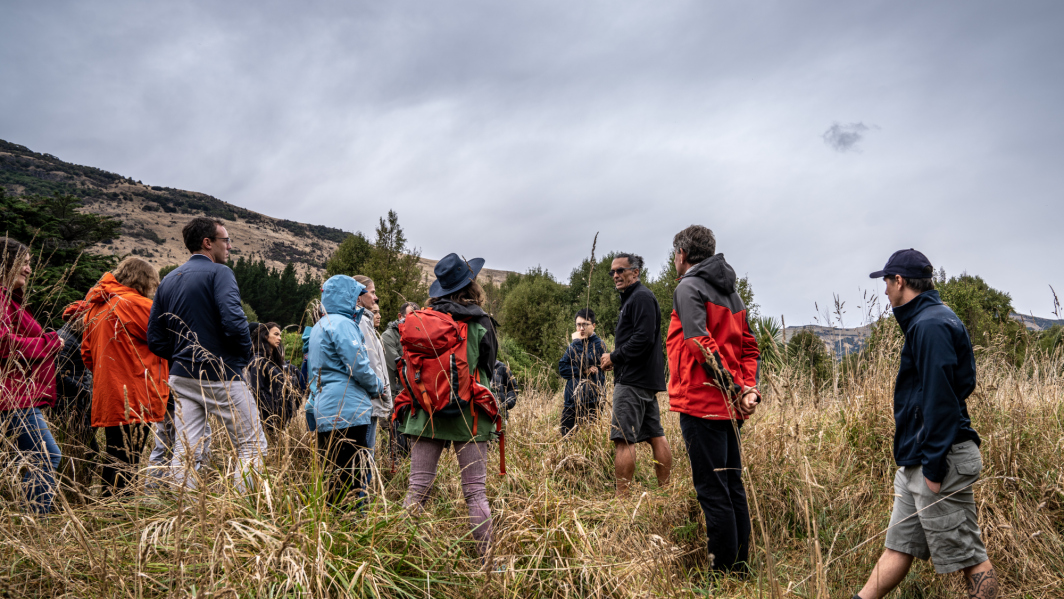-
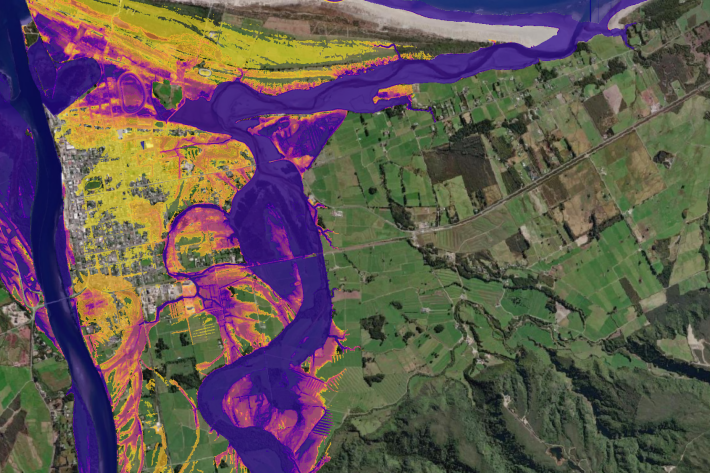
AI flood maps: forecasting where and when, in real-time
Research ProjectFloods are New Zealand’s most frequent and costly natural disaster. Fast and accurate forecasting of flood impacts is crucial for reducing the risk to life, property, and infrastructure. -

NIWA can help you leverage updated climate projections
ServiceNIWA is using updated climate projections to help New Zealanders better understand climate-related risks. -
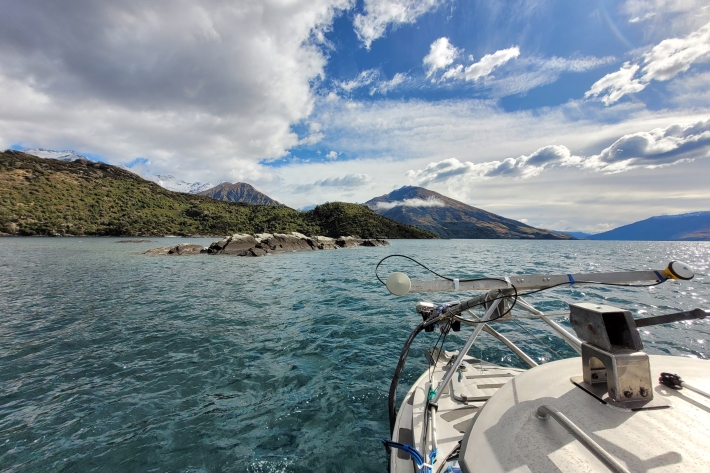
Lake Wānaka mapped in exquisite detail
Media release16 May 2024NIWA scientists have mapped the whole of Lake Wānaka in incredible detail. -
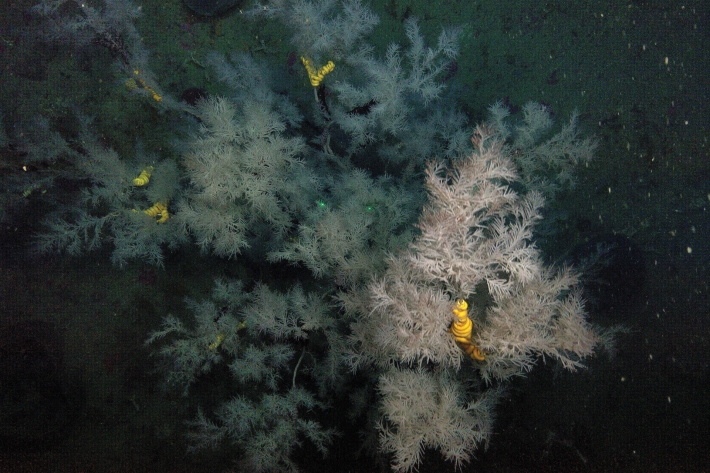
Seafloor impacts of Cyclone Gabrielle revealed
Media release08 May 2024Scientists have found evidence of sediment impacts on seafloor ecosystems following Cyclone Gabrielle. -

Better runoff and hazard predictions through national-scale snowmelt forecasting
Research ProjectDeveloping a snowmelt forecast system to enable more accurate and confident forecasts of river flow and alpine hazards. -
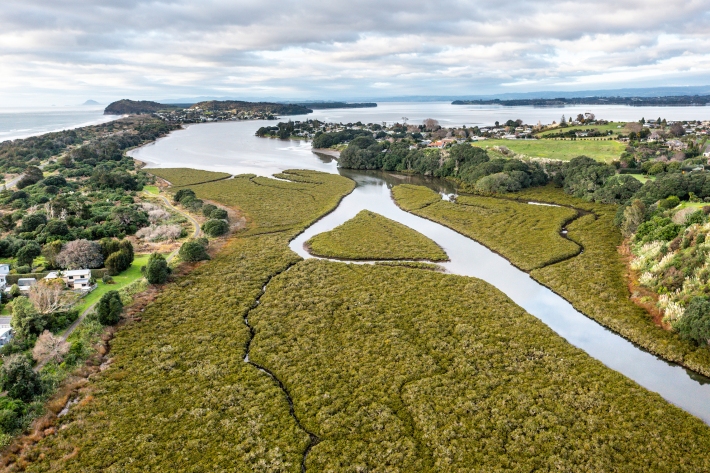
Future Coasts Aotearoa
Transforming coastal lowland systems threatened by sea-level rise into prosperous communities -
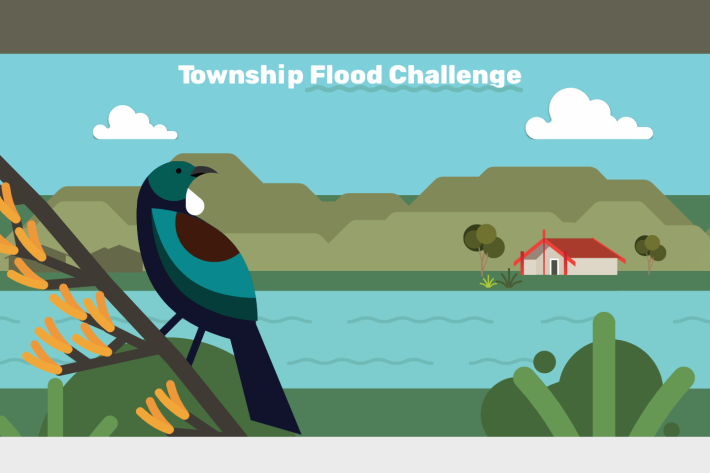
Township Flood Challenge Game
In this activity, you will play NIWA's online serious game, Township Flood Challenge. -
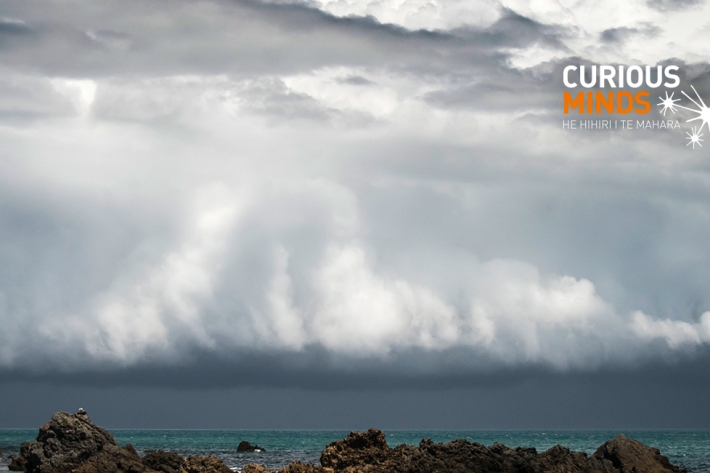
Rangi - weather and climate lessons for teachers
Developed for teachers, these lessons offer an engaging way to learn about Aotearoa’s weather and climate. -

Science to respond to our changing climate: teaching climate adaptation
Climate adaptation resources for teachers -

Comprehensive eruption study highlights need for further work
Media release01 December 2023A new study has comprehensively mapped the immediate after effects of the January 2022 eruption of Hunga Tonga - Hunga Ha’apai, highlighting the risks of similar events. -

Forecasting impacts from extreme weather
Research ProjectThis project aims to establish connections between weather and river flow forecasting, inundation prediction and risks to people and assets. -

Introduction - Township Flood Challenge Game
Education ResourceWelcome to the NIWA Township Flood Challenge game.

